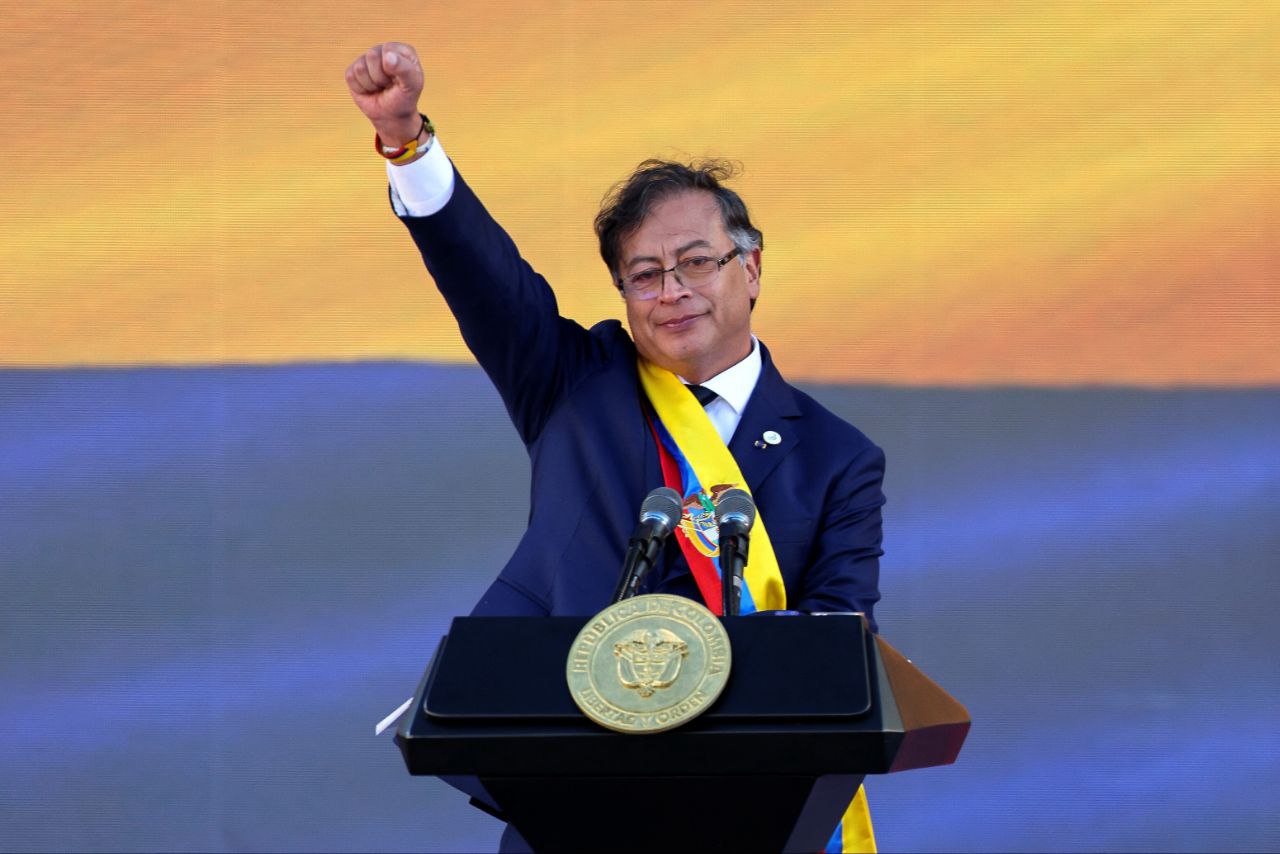Colombian President Pushing Congress for Swift Action on Full Cannabis Legalization
BOGOTÁ – Colombia’s House of Representatives First Committee has passed a bill to legalize adult-use Cannabis, marking an early win for reformers in a country long at the center of global drug policy debates. Sponsored by Rep. Alejandro Ocampo, the legislation cleared the panel last week and now heads to the full chamber for debate. If enacted, it would amend the constitution to permit possession, cultivation and regulated sales for adults, while banning public consumption and most advertising.
President Gustavo Petro, a vocal advocate for ending prohibition, seized on the moment to rebuke lawmakers for past delays. Following a police raid that uncovered more than eight tons of illicit Cannabis in Huila province, Petro posted on social media: “If Congress had legalized Cannabis, we wouldn’t have thugs killing humble Colombians unnecessarily.” He argued that maintaining the ban fuels narcotrafficking and bloodshed, pointing to cartels that profit from the black market. Petro has long framed Cannabis reform as a tool to dismantle organized crime, noting in earlier statements that prohibition has cost Colombia dearly in lives and resources.
The bill outlines a framework where the Ministry of Health would set safety standards within six months of passage. Municipalities could tax sales, directing funds to public health and education programs. Proponents say this could generate revenue and curb illegal operations, but the path ahead remains steep. As a constitutional change, the measure requires approval in both the House and Senate across two legislative sessions, echoing a 2023 effort that advanced far but faltered in the Senate’s final round.
Critics question whether the proposal addresses deeper issues in Colombia’s Cannabis sector, which has struggled since medical use was legalized in 2016. Exports have grown, but domestic regulations have led to closures for hundreds of firms, hampered by slow approvals and inventory rules. Petro’s push comes against this backdrop, with his administration emphasizing that legalization could redirect enforcement efforts toward harder drugs like cocaine.
Politically, the bill faces opposition from conservative factions wary of broader drug policy shifts. If it stalls again, it could reinforce the status quo, where informal markets thrive and violence lingers.
This development in Colombia signals investors a cautious optimism for Latin America’s markets. A successful outcome here could unlock export potential and stabilize supply chains. However, regulatory hurdles and political gridlock remain key risks to monitor in the coming sessions.




































